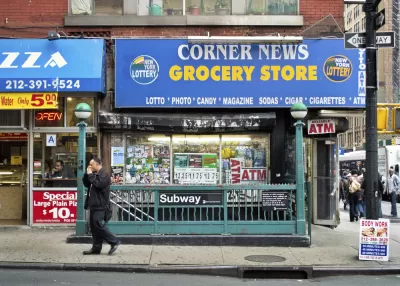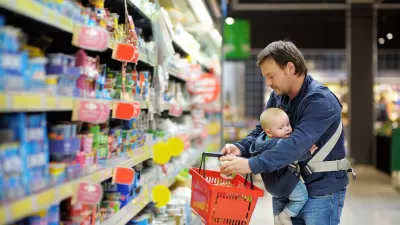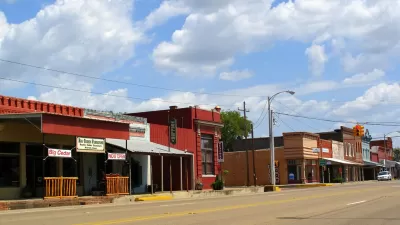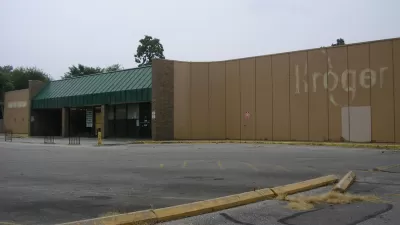Small entrepreneurs are working to combat 'food deserts' by bringing fresh, healthy foods to communities lacking access to major grocery stores. But price continues to be a major factor in people's food choices.

In an effort to fight what some are calling "retail redlining," entrepreneurs across the country are opening corner stores focused on providing fresh, healthy foods to their communities, and, in some cases, gaining institutional support. As reported by Patrice Worthy, "Washington DC recently launched a $3m initiative to bring 'new food and retailers' to the wards 4, 7 and 8 in the city."
Small business owners need support to stock healthier foods, as "[m]any small businesses like corner stores don’t stock produce because it’s highly perishable and has a small profit margin with a lot of waste."
Despite their romanticized appeal, "[t]hese community corner stores are only a small piece of what’s needed to give more people access to healthy food." According to Ellen Vollinger, legal director and director of advocacy on behalf of the Supplemental Nutrition Assistance Program (Snap/food stamps) at the Food Research and Action Center, they key is the federal SNAP program, because "[t]he biggest barrier to healthy food is price according to a June report released by the US Food and Nutrition Service." Under new rules announced by the Biden administration, average SNAP benefits "which were $121 per person before the pandemic, will rise by $36 permanently." Meanwhile, corner stores can fill a critical gap in access for underserved communities.
FULL STORY: Candy v kale: healthy food comes to US corner stores in fight against ‘retail redlining’

Maui's Vacation Rental Debate Turns Ugly
Verbal attacks, misinformation campaigns and fistfights plague a high-stakes debate to convert thousands of vacation rentals into long-term housing.

Planetizen Federal Action Tracker
A weekly monitor of how Trump’s orders and actions are impacting planners and planning in America.

In Urban Planning, AI Prompting Could be the New Design Thinking
Creativity has long been key to great urban design. What if we see AI as our new creative partner?

King County Supportive Housing Program Offers Hope for Unhoused Residents
The county is taking a ‘Housing First’ approach that prioritizes getting people into housing, then offering wraparound supportive services.

Researchers Use AI to Get Clearer Picture of US Housing
Analysts are using artificial intelligence to supercharge their research by allowing them to comb through data faster. Though these AI tools can be error prone, they save time and housing researchers are optimistic about the future.

Making Shared Micromobility More Inclusive
Cities and shared mobility system operators can do more to include people with disabilities in planning and operations, per a new report.
Urban Design for Planners 1: Software Tools
This six-course series explores essential urban design concepts using open source software and equips planners with the tools they need to participate fully in the urban design process.
Planning for Universal Design
Learn the tools for implementing Universal Design in planning regulations.
planning NEXT
Appalachian Highlands Housing Partners
Mpact (founded as Rail~Volution)
City of Camden Redevelopment Agency
City of Astoria
City of Portland
City of Laramie





























